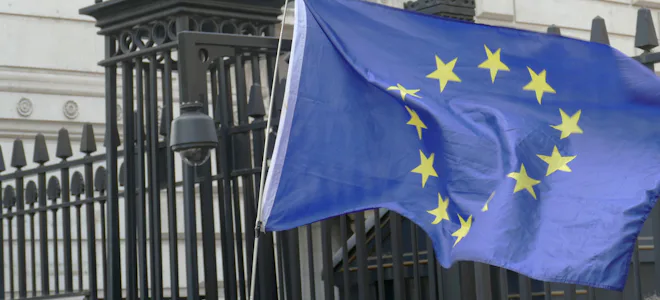What will Brexit mean for Customs and VAT?
Table of Contents
The latest proposals are on the table – but none of us really yet knows what is going to happen at the end of the month. There could be a third Brexit delay, or a Withdrawal Agreement with a transition period agreed by then. But if on the 31st the UK is going to fall out of the European Union without a deal or transition period, it could mean some headaches for you and your clients – whether or not they do business internationally.
Some of the most painful headaches of all will be those that are caused by leaving the Customs and VAT regimes under Brexit.
International business has become the norm over the last 25 years and global supply chains have emerged. However, no one under the age of 45 has any experience of working outside the Single Market and Customs Union, and those who can remember the paper-based procedures pre-1993 will be in no hurry to see a return to them. It looks as though Brexit may be something of a leap into the dark for your clients.
To combat the confusion, the Government has begun to put out Guidance Notes on a wide variety of subjects and – at long last - has prepared a site which aims to clarify the position.
As they make it clear, if we are going to have a hard Brexit, a whole raft of new trading and indirect tax rules will be applied. This will include tariff duties, customs declarations and import VAT on goods crossing UK and EU borders.
Note: The new rules will be applied at 11pm on the 31 October, rather than midnight.
What will this mean for both you and your clients?
There will, undoubtedly, be a panic to get goods in or out of the country before the deadline, and ferry ports can anticipate some angry scenes as drivers race to beat the clock.
As the dust settles, there will be a wide rage of issues to think about, covering every aspect of customer and supplier contracts. Your clients will need help through a maze that could be thorny with fines as well as tariffs – but the most pressing problems will probably be customs, duty and VAT.
Customs
After years of unhindered access to Europe, the reimposition of customs will come as something of a shock - and a major extra cost. HMRC has told parliament that 400 million new Customs Declarations will potentially need to be filed, at an estimated cost of £32.50 per declaration. And this is, of course, before the duty itself is paid.
UK importers will need an Economic Operators Registration Identification (EORI) number for clearance of goods into UK ports. The EORI number is an EU-wide identification number that is recognised within all 28 EU Member States and must be recorded on all customs declarations. It is not possible for businesses to move goods into or out of the EU without an EORI number - so once the UK is outside, EORI numbers will become essential. HMRC is auto-enrolling UK companies but if you have EU-based businesses importing into the UK you may need to apply to HMRC on their behalf. UK businesses doing business with Northern Ireland or Ireland will not require an EORI.
Apply for UK and EU EORI numbers here.
Duty
Customs duties and import VAT will become due at UK or EU borders.
Calculating the duty on imports will require commodity codes for all goods, as the first step to calculating UK duty. HMRC have a trade tariff tool to help. https://www.gov.uk/trade-tariff
For goods going to the EU, the WTO MFN rates will apply. You can find details here.
HMRC’s new Transitional Simplified Procedures scheme will significantly reduce paperwork customs delays for clients importing goods into the UK. You can find the details here.
VAT
20% UK import VAT will be due on goods arriving from the EU - but your clients can avoid cash payments via HMRC’s new ‘postponed accounting’ provisions. These mean that UK VAT registered businesses bringing goods into the UK will be able to pay import VAT on their VAT return, rather than when the goods arrive at the UK border. This will apply to imports from the EU and non-EU countries.
Postponed VAT will have to be declared in Boxes 2 and 4 of the VAT Return.
Customs declarations and the immediate payment of any other duties will still be required.
EU import VAT will be due on goods coming from the UK – and many EU states will expect this to be settled immediately. UK e-commerce merchants selling goods to EU consumers under their UK VAT number and the distance selling threshold, will have to register for foreign VAT.
UK businesses will no longer be able to use the electronic VAT recovery portal to recover EU VAT. You need to be sure to complete last claims for your clients before Brexit.
Supporting your clients through a challenging period
The transition period will mean extra costs and inevitable disruption for many of your clients, and some may face financial difficulties as a result. Disruptions to cashflow may be the most pressing problem, although some will need to deal with the loss of customers or suppliers in the EU.
At Rangewell, we can help you to help them with solutions such as cashflow support loans, Invoice Finance and Overdraft Replacement.
We can also help find solutions such as International Trade Finance.
Whatever need you identify, we can work with you to find the business funding solutions your clients need, and search more than 350 UK lenders to ensure you get the most appropriate deal and the most competitive rates.
It means an extra service for your practice to provide for your clients - and all our services are free.

